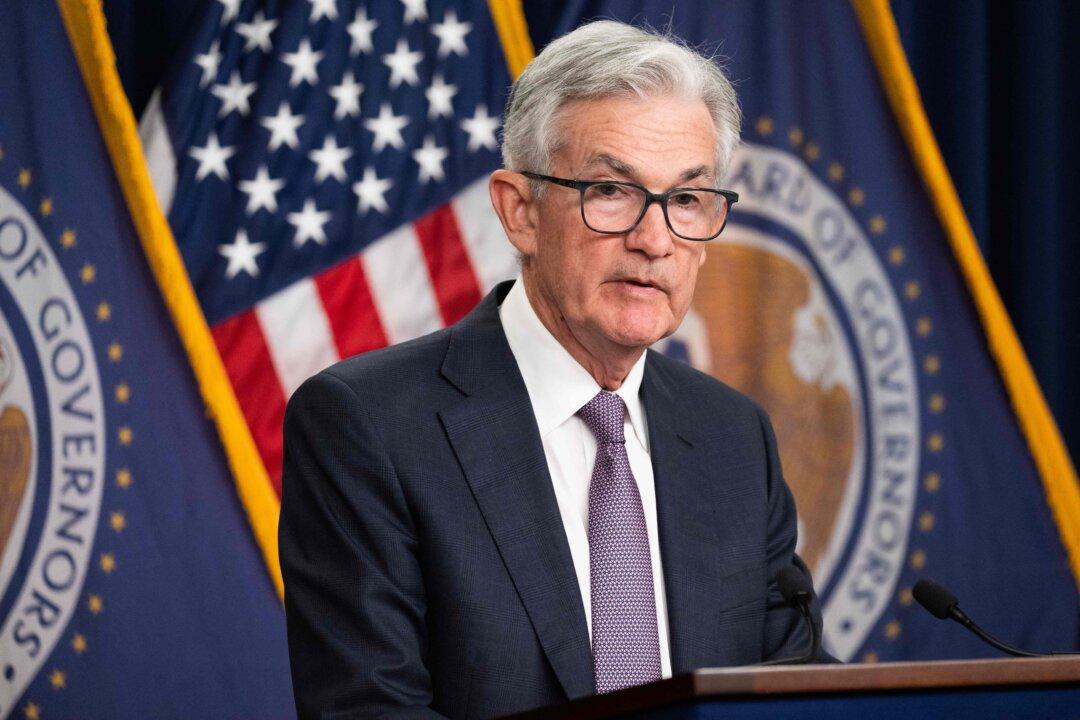The central bank digital currency (CBDC), or digital dollar, would not be anonymous, according to Federal Reserve Chairman Jerome Powell, thereby eliminating one of the main advantages of using cryptocurrencies.
If the Fed were to pursue such an option, said Powell, there would be four minimum CBDC characteristics. The first would be intermediaries—it wouldn’t be based on a peer-to-peer distribution network like Bitcoin. The second would be privacy protections. The third would be identity verification, which means the digital dollar “would not be anonymous.” And the fourth characteristic would be that CBDC would be “transferable or interoperable.”





